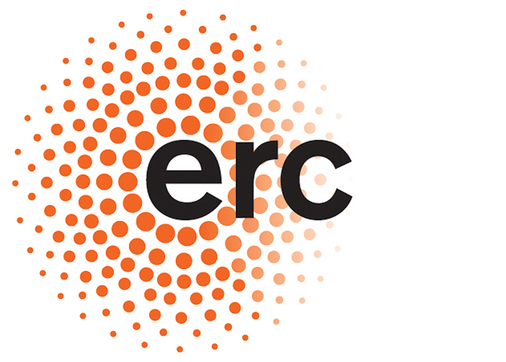Philipp Hennig receives prestigious ERC Starting Grant
Project Title PANAMA
- 27 October 2017
- Probabilistic Numerics
Max Planck Research Group Leader Philipp Hennig will use the five-year funding with a total of 1.45 million Euros for his “Probabilistic Automated Numerical Analysis in Machine learning and Artificial intelligence (PANAMA)” project.
Tübingen – One in ten researchers who apply receive the prestigious Starting Grant by the European Research Council (ERC), and Philipp Hennig, Group Leader at the Max Planck Institute for Intelligent Systems (MPI-IS) in Tübingen is one of them. The total funding of 1.45 million Euros, which he receives over five years, goes towards a project focused on the “Probabilistic Automated Numerical Analysis in Machine Learning and Artificial Intelligence”.
The funds will allow Hennig to expand his existing research group at the MPI-IS to pursue ground-breaking ideas in this field. “I was exhilarated to hear the news from Brussels”, Hennig says. “The Commission has given me an opportunity to expand our work into a bold new direction. The grant will allow me to explore questions that would be too risky without this kind of long-term support.”
Philipp Hennig is one of 17 Max Planck researchers to receive an ERC Starting Grant this year. With this, the Max Planck Society, the parent organization of all 83 Max Planck Institutes, is the most successful German institution when it comes to receiving ERC Starting Grants – before the Helmholtz-Association (8 Grants), Freie Universität Berlin (4 Grants), Ludwig-Maximilians-Universität München, Universität Heidelberg and Universität Freiburg (3 Grants each).
ERC Starting Grants are highly competitive: in 2017 there were 3085 proposals of which only 406 were funded. They are designed to support excellent researchers at the career stage at which they are starting their own independent research team or program. Applicants must demonstrate the ground-breaking nature, ambition and feasibility of their scientific proposal and shown strong scientific leadership potential.
As such Starting Grants fund the very best, creative researchers and recipients often progress rapidly in their scientific careers. Hennig´s plans for the future are ambitious. He set up project PANAMA to develop a framework within which numerical methods can be constructed in an increasingly automated fashion. Numerical methods form the computational basis of machine intelligence: through integration, linear algebra, optimization and the solution of differential equations. In automating this process, project PANAMA will improve the efficiency and safety of artificial intelligence, addressing scientific, technological and societal challenges affecting Europeans today.
The contract with the ERC was signed on October 17th.


